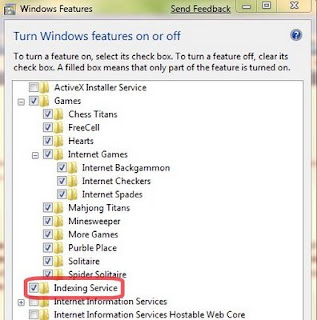"The 2008 Presidential election campaign demonstrated America’s ability to balance key foreign and domestic issues with its democratic values." Discuss.
In the eight years prior to the 2008 US election, the Bush (Jr.) Administration introduced many new factors to the US political spectrum that would not have been anticipated prior to that Administration. The September 11 2001 suicide attacks which killed many people and destroyed buildings in central New York triggered George Bush of the Republican Party to begin the ‘war on terror,’ entering Iraq on the false pretence of it possessing ‘weapons of mass destruction.’ In the following years many US and international soldiers died in the war which also cost the country financially. The ‘sub prime mortgage crisis’ that took hold in 2008 further pressured the coffers of the US government. With Americans’ freedoms, standard of living and employment under threat from these new pressures, the voters became discontented with their leadership. American democracy upholds values that are supposed to allow the citizens true power in the ruling of their country, these include; sufficient representation of the people; a leader is elected based on a majority; the rights of minorities to vote for any culture, division or other minority; elections being held to make politicians and parties responsible for their actions; the ability of everyone to participate in ‘political life’; and the freedom and liberty of the American people being displayed in the political decisions of the government.
The 2008 Presidential elections saw a major division between the ideals and backgrounds of the Republican and Democratic candidates and their running mates. Barack Obama, an Afro-American who promised; strong emission reduction targets; withdrawal of US troops from Iraq; supports abortion and; supports a ‘path of legalization for illegal immigrants’ campaigned against war veteran John McCain who; has no target set for emission reduction but agrees that there is a problem; supports the Iraq war and wishes to see it through to its end; wishes to overturn Roe v. Wade and; supports a ‘path of legalization for illegal immigrants’. The values of the two candidates are not entirely dissimilar, however the different takes on major issues appeal to different groups of America. It could be argued that McCain, despite his will to separate himself from the history of his party, represented the Bush style of administration. Obama’s promise to take troops out or Iraq, juxtaposed with McCain’s plan which was identical to that of the previous administration, gave great appeal to Americans who were just beginning to realise the effects that the war had had on their country. The American people held the Republicans accountable for the messy war and gave McCain a hard start in the election campaign. This war also threatened to restrict the American people’s freedom and liberty and with growing discontent about decisions regarding issues both abroad and on American soil the government no longer represented the people. Yet again, McCain was held accountable for both voting with and standing by the Iraq war in his election campaign. The McCain election campaign was continually hampered by this accountability, being entirely engulfed close to the election by the financial crisis that gripped the US and weakened the US dollar, causing a surge in oil prices on a scale never before seen.
The 2008 Presidential election campaign was the time when all the policy, good and bad, came to the table and the American people would choose who they preferred to lead their country. The election showed a larger than usual turnout for the election which made the 2008 election a more accurate representation of the majority views in both the leadership and congress. Barack Obama, an Afro-American, possibly triggered a larger turnout for ethnic minorities in the US, who had been suffering an increasing stigma about them since the September 11th suicide bombings, seeing him as a route for their own liberty in their own country. Obama, coming as a fresh option to the political scene, was able to appeal to the American people through being an advocate for the Democratic Values of the US, causing a larger turnout that worked to his favour, giving him the majority.
The 2008 US Presidential elections showed how the democratic values of the US interacted with previous foreign and domestic issues and accountabilities to engineer a situation that favoured the main alternative of Barack Obama over the Republican candidate of John McCain. McCain lost his chance by being held accountable, reasonably or not, for the flaws of the Bush Administration. The American people gave Obama the majority in a high number of voters because they felt McCain no longer accurately represented the people of America.














 (0 Comments so far)
(0 Comments so far) 



